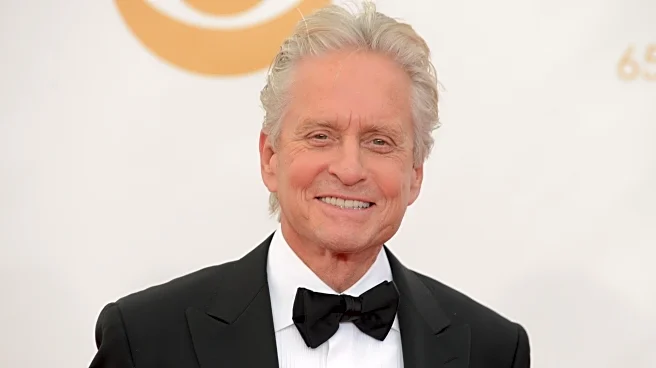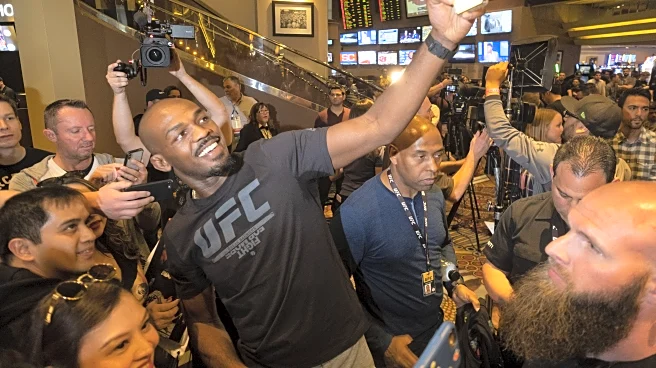What's Happening?
Binance CEO Richard Teng has refuted allegations that the cryptocurrency exchange played a role in promoting a Trump-backed stablecoin, USD1, prior to the presidential pardon of former CEO Changpeng Zhao (CZ). The controversy centers around a $2 billion
investment from Abu Dhabi's MGX, which was settled using USD1, a stablecoin linked to the Trump family's World Liberty Financial. Critics, including Sen. Elizabeth Warren, have accused Binance and the Trump administration of corruption, suggesting that the investment and subsequent listing of USD1 on Binance influenced CZ's pardon. Teng clarified that the decision to use USD1 was made by MGX and that Binance did not provide preferential treatment to the stablecoin.
Why It's Important?
The allegations against Binance and the Trump administration highlight ongoing concerns about potential conflicts of interest and corruption in the cryptocurrency industry. The involvement of high-profile figures and significant financial transactions raises questions about the influence of political connections on business decisions. The scrutiny from lawmakers and media could impact Binance's reputation and regulatory standing, as well as the broader perception of the cryptocurrency market. The situation underscores the need for transparency and accountability in financial dealings involving political figures.
What's Next?
As scrutiny continues, Binance may face increased regulatory pressure and calls for greater transparency in its operations. The controversy could lead to further investigations by lawmakers and regulatory bodies, potentially affecting Binance's business practices and partnerships. The outcome of these investigations could have implications for the cryptocurrency industry, particularly regarding the regulation of stablecoins and the role of political influence in financial markets.

















